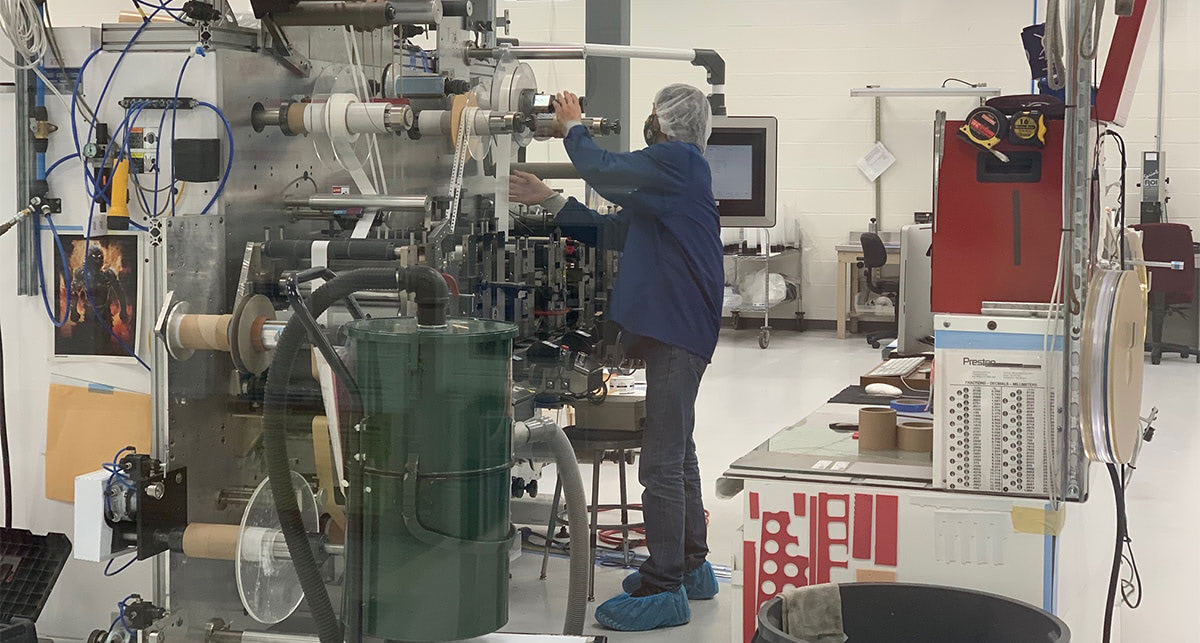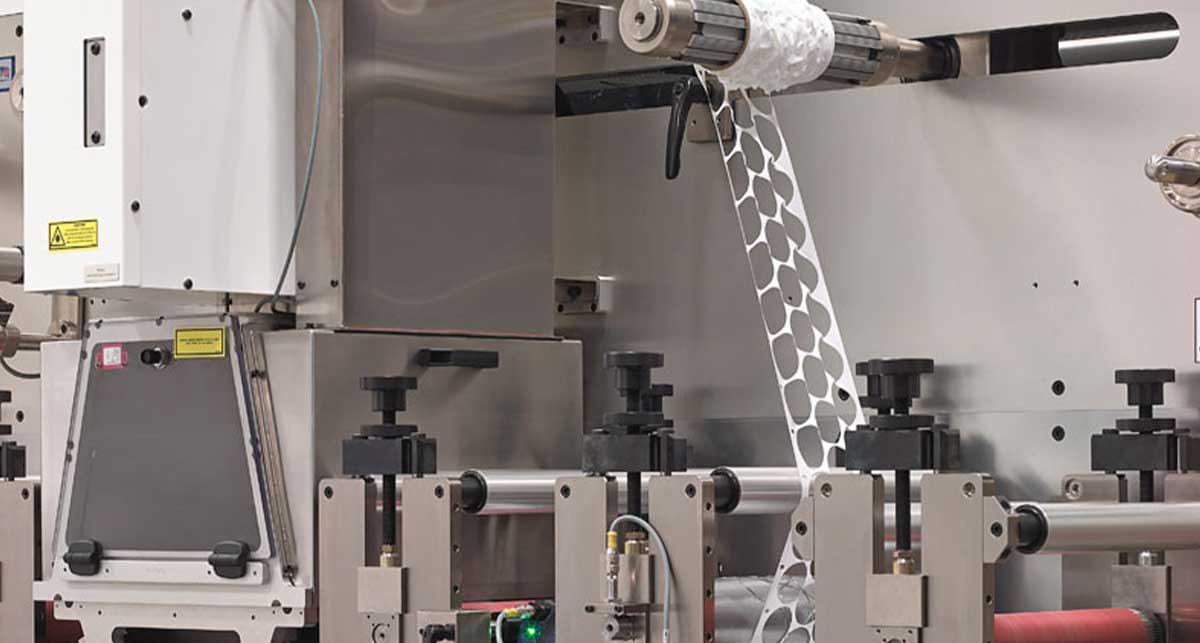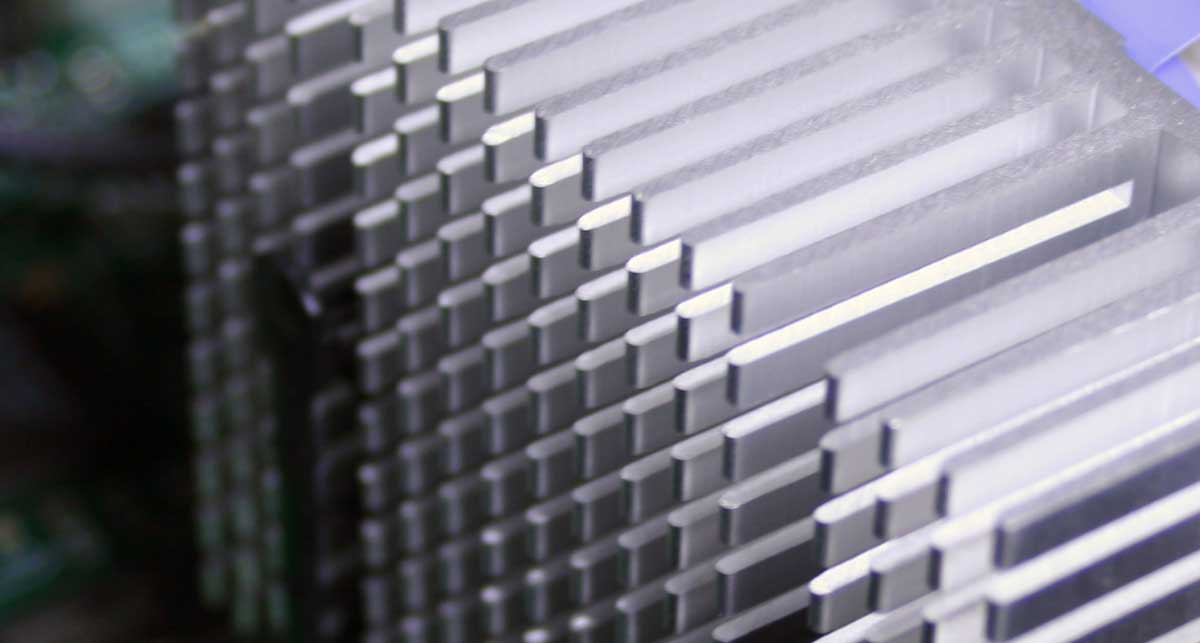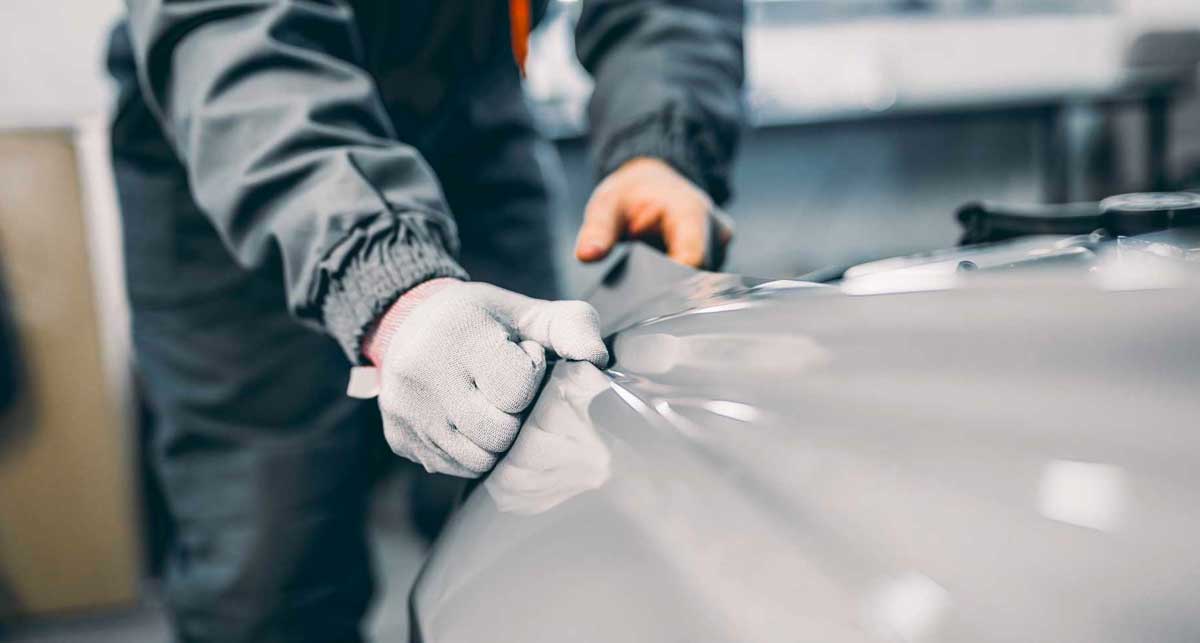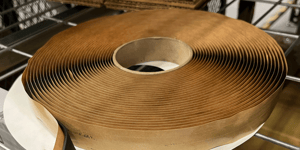Hunting down the perfect gasket material might not be the most fun way to spend a sunny afternoon, but if it helps secure your product functionality, who wouldn’t be willing to put in the effort?
Butyl is another gasket material with characteristics that might suit several different projects. The only way to find out is by considering known factors and engaging in material testing.
Every day Strouse helps plan and build unique gasket designs, which requires background knowledge, tools, and experience working with a wide variety of materials. You want a material that will give you the best result, which will take research, planning, and design samples.
If you’re still unsure whether butyl gaskets suit your project, stick with me for a moment, and we’ll review factors that should determine whether butyl gaskets will function for your intended use.
What is a Butyl Gasket?
Butyl gaskets provide low moisture and gas permeability and guard against aging, abrasion, weathering, and ozone. They’re excellent for sealing doors and windows in automotive application, and bond extremely well to other rubber-based adhesives and materials.
WHAT IS BUTYL RUBBER USED FOR?
Butyl is a synthetic rubber often used as seals in industrial, construction, and commercial vehicle applications.
Due to its low permeability, butyl rubber is excellent for holding liquids or gasses. Butyl gaskets are ideal for weatherstripping, gas sealing, and vibration absorption.
Another common use for butyl rubber is sound and vibration-dampening. The viscoelastic properties of butyl allow it to behave similarly to VHB tape, allowing it to remain flexible while absorbing considerable amounts of vibration and sound.
Should You Use Butyl Gaskets?
Butyl is one of many possible gasket types for you to choose from, and before you commit, you’ll want to weigh the advantages and disadvantages of choosing it as your material.
ADVANTAGES
- Reliable air and gas sealing abilities
- Thermal insulation
- UV and age resistance
- Good viscous flow at room temperature
- Absorbs vibration and sound
Butyl gaskets are robust and less porous than other rubbers, ideal for airtight seals and sealing containers to dampen vibration and sound. Thanks to their viscoelasticity, butyl gaskets can fully bond to a compatible surface with relative ease.
DISADVANTAGES
- Higher cost than other gasketing materials
- Can be challenging to work with
- Can only reach temperatures of around 300°F (149°C)
The cost of butyl rubber can be more than that of natural rubber or other alternative materials, making it not always the best choice. In addition, the consistency of butyl rubber can, at times, be compared to that of toothpaste, making it a challenging material to cut accurately.
Lastly, the working temperature of butyl gaskets is between about 248°F and -67°F, and at their maximum, they can only reach temperatures of around 300°F, which falls lower than some other gaskets.
Choosing a Suitable Gasket Material
Different materials have unique properties that contribute to a gasket’s effectiveness. Yet, finding the right material is about more than product usability; it also impacts the manufacturability of your part components.
With the help of converted samples, you can test different materials and create a gasket that is equally efficient to build as it is to use. Plus, planning out your design will include manufacturing tolerance considerations that will prevent unexpected costs.
If you’re still unsure about finding the right material, consider reaching out or looking into the possibility of ordering die cut samples to test out your product component.

